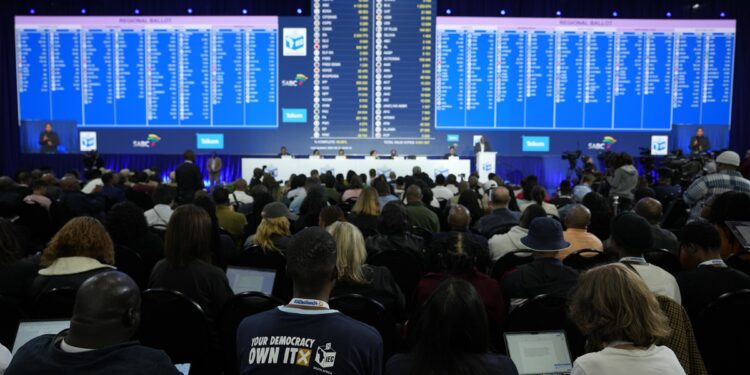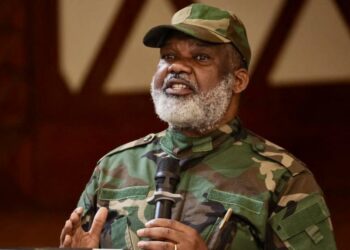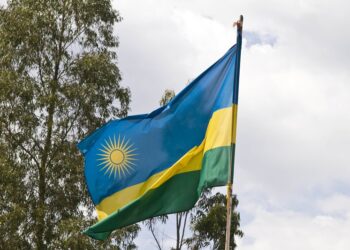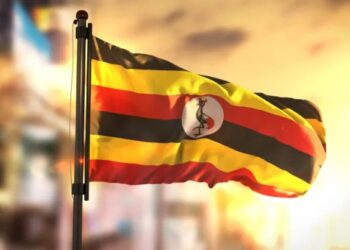Official results confirmed Sunday (Jun. 2) that no party won a majority in South Africa’s election as unprecedented coalition talks begin.
58.6% of voters cast a ballot in the parliamentary poll which saw the African National Congress party (ANC) win a little over 40%.
According to Professor Patrick Bond, a political analyst from the University of Johannesburg, that leaves the center-left ANC with the dilemma of whether or not to form a coalition with the centrist opposition party, the Democratic Alliance.
“A real national executive committee crunch point for both the ANC and the Democratic Alliance. Will it be to both of their advantage to combine with a solid 62 percent of the vote or would the ANC rather just scrape by at about 50 with a combination of small parties, possibly one of them the fourth party, the economic freedom fighters, or even reaching out to Jacob Zuma and saying, come back and we’ll give you deputy president and your honor will be restored.”
The ANC won 159 seats in the 400-seat Parliament, down from the 230 it won in the last election. The DA increased slightly to 87 seats.
There are four major political parties and in total, eight with significant shares of the vote after last week’s election.
However, as South Africa heads for a series of complex talks to form a national coalition government for the first time and establish stability, ANC secretary-general Fikile Mbalula said Ramaphosa would remain as party leader and any demands from others that he resign for talks to go ahead was “a no-go area.”
President Ramaphosa is the president of the ANC,” Mbalula said in the ANC leadership’s first public comments since the landmark election results.
“If you come to us with the demand that Ramaphosa must step down as a president, that is not going to happen.”
Mbalula said the ANC was open to talks with every other political party in an effort to form a government.
The ANC received just over 40% of votes, falling well short of the majority it has held for all of South Africa’s young democracy.
It will still be the biggest party by some way.
But it needs to talk with others to form a government and to reelect Ramaphosa for a second and final term.
South Africa’s president is elected by Parliament after national elections.
“The results sent a clear message to the ANC,” Mbalula said.
“We wish to assure the people of South Africa that we have heard them.”
He said the ANC was committed to forming a government that reflects the will of the people and is stable.
The new MK Party of former President Jacob Zuma, which won 14% in the election in a surprise showing that makes it the third biggest in parliament, has said Ramaphosa must go as leader of the ANC and the country for it to enter any coalition talks with the ANC.
The ANC has many options for coalition partners among South Africa’s other parties, including one with the main opposition Democratic Alliance, which won 21% of votes.



























































